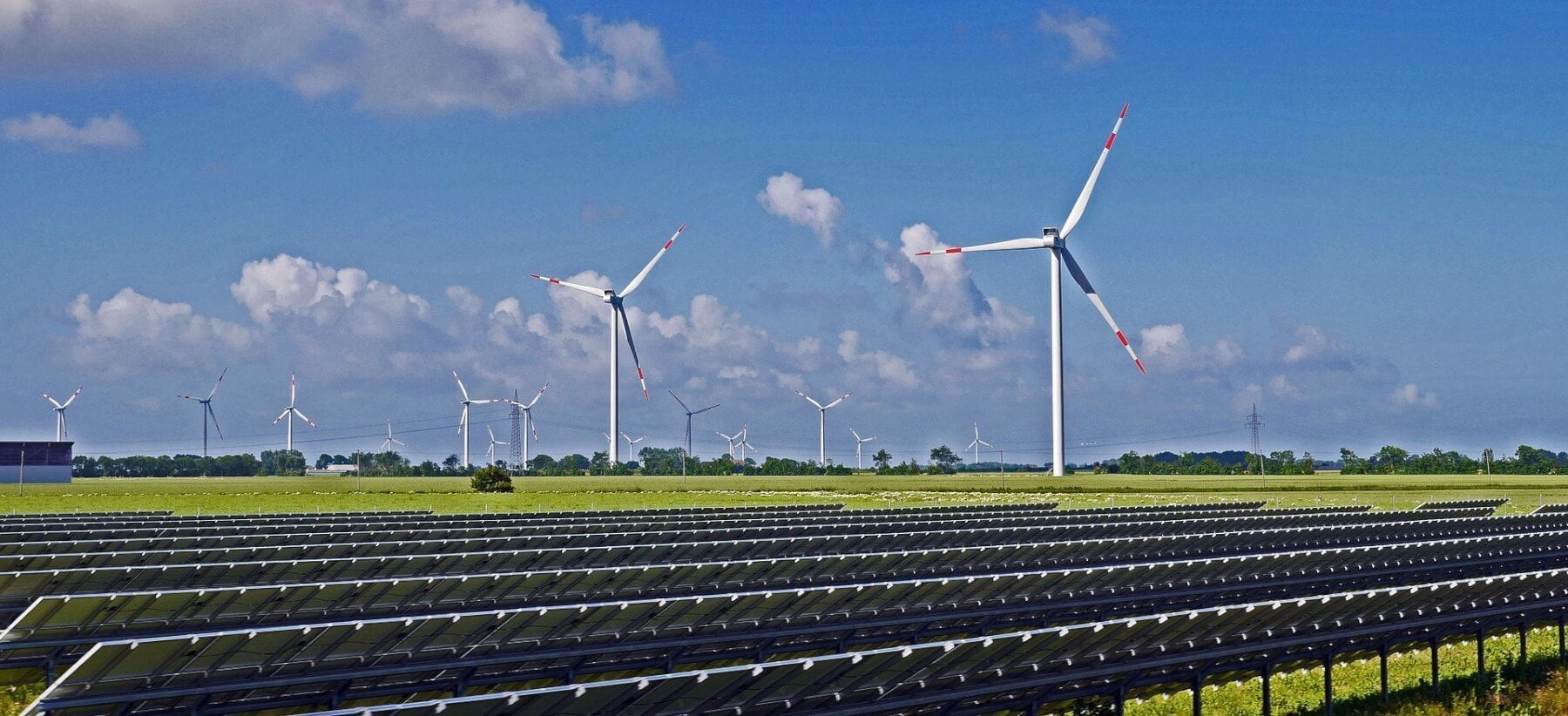Our focus at Leading Edge Energy is on helping our clients minimise their grid dependence and take control of rising energy costs, and one way to do that is by installing solar and aiming for a carbon-neutral status or a net-zero carbon footprint.
Our process involves procurement, smart energy use, solar generation, storage opportunities, and monitoring/reporting. The benefits of installing rooftop solar and minimising energy waste are both financial and ethical.
Leading Edge Energy recently oversaw a hotel group’s multi-site solar installation, a project which eventually reduced their energy spend across five sites by $60,000 per annum and helped them get closer to carbon-neutral status.
How we helped the hotel group take control of their energy spend
A New South Wales-based hotel group approached Leading Edge Energy for advice when it was faced with an $85,000 price hike over five sites when it was due to re-contract its electricity supply in 2017.
After analysing the situation, Leading Edge Energy suggested rooftop solar as an effective way to reduce costs and regain control.
We studied the first site and provided a solar feasibility study which showed that Gateshead Tavern was an ideal site for solar.
The large flat rooftop of the hotel proved to be perfect for installing panels and could fit the maximum 100 kW threshold which was eligible for Small-scale Technology Certificates (STCs).
We established that the hotel would be generating $21,500 per year worth of electricity – based on the new and higher rates.
After determining the ideal footprint, Leading Edge Energy went to tender with four top-tier solar installers to identify the best value solution in terms of output, reliability, and lifespan. Once presented with the offers, we selected the best value deal and began preparations for the installation.
As soon as the meter was made ‘solar-ready’, the installation went ahead under our supervision and the switch was flicked on.
The process was then repeated at Royal Hotel Singleton, then Pippi’s at the Point, and Bateau Bay Hotel.
46 percent of businesses want cheaper and greener alternatives to grid electricity
Switching to solar energy makes the above-mentioned hotel group one step closer to carbon neutrality, which is when an organisation reduces or even completely eliminates their carbon dioxide emissions wherever possible, and compensates for the remainder by investing in carbon offsetting projects.
One way to become carbon neutral is by adopting renewable energy systems, and there’s a steadily growing movement of companies – 46% of the country’s large businesses, according to a report by the Climate Council, that are looking for cheaper and greener alternatives to grid electricity like behind-the-meter generation, battery storage, and power purchase agreements.
In fact, business installations of solar power have increased by 60% over 2016-2017, with more than 40,000 commercial solar power systems now installed in Australia thereby doubling the capacity of businesses to generate their own solar energy.
More businesses and organisations are now taking control and managing their greenhouse gas emissions to position themselves for growth and competitiveness in a lower-emissions future, demonstrating leadership and corporate responsibility in the current absence of clear government policy on emissions by becoming carbon neutral.
A number of Australian companies from various fields are even carbon neutral-certified, which not only fulfils ethical and social responsibilities, but also comes with economical and business-related advantages like cost-savings, efficiency, and green branding. These will matter even more now that investors and consumers are becoming concerned about sustainability and eco-consciousness.
Find out more about reducing your costs through solar
Find out how we can help you reduce your energy spend, minimise your grid dependence through solar energy and get started on the road to being carbon neutral. Call Leading Edge Energy for a free consultation on tel: 1 300 852 770 or send us an e-mail on info@leadingedgeenergy.com.au.







